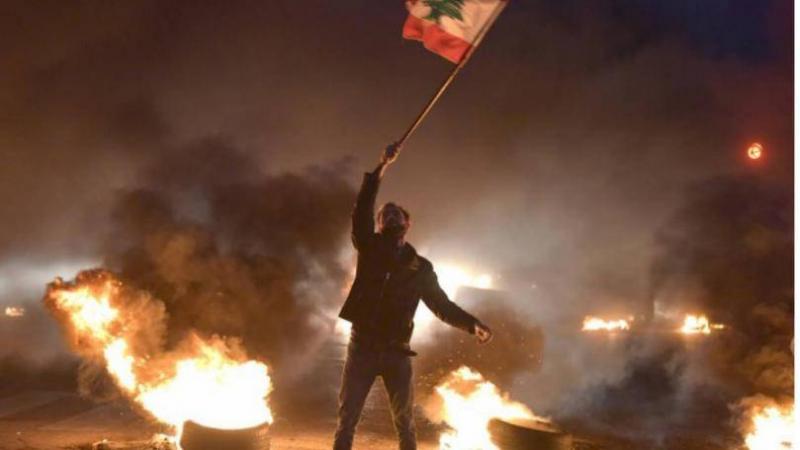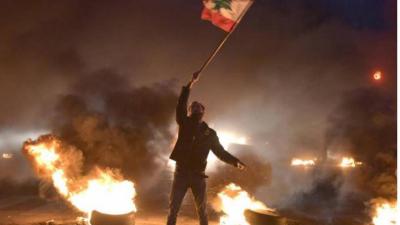There is no topic more discussed in the local arena than the situation following October 31, the date marking the end of the constitutional term of President Michel Aoun. A review of discussions among politicians and the Lebanese public about the anticipated phase shows a spectrum of opinions; some foresee bleak days ahead, while others expect gradual improvements. However, in reality, everything is tied to the course of developments.
Certainly, there is a vacancy that cannot be precisely timed, alongside the implications of applying the exchange rate at 15,000 L.L. to the dollar and the new budget’s resulting taxes. For some, these issues might distract attention from the daily realities of the vacancy and presidential elections, but the main concern lies in how the government will manage presidential powers, and which government is permitted to undertake this task according to the constitution.
Monitoring sources told "Akhbar Al-Yawm" agency that the challenge of managing the vacancy by a government of unclear designation, as some describe it, will not be accepted by the Free Patriotic Movement, nor by the president, as declared on several occasions. Whether or not a government will be formed is a matter of time, the sources add, noting that they have yet to gain any insights, although last-minute developments play an essential role.
These sources indicate that after the constitutional term ends, there will be a government and a parliament, and the army leadership has a green light to intervene in any major security event. Therefore, any further discussion about the unraveling of the situation remains speculative, with the army’s command being prepared for emergencies and following orders from General Joseph Aoun.
The same sources express concern over the implications of rising prices on citizens' purchasing power and the fear of a major social explosion. They highlight that a series of events, including thefts, have occurred and may be difficult to manage at some point. They assert that the departure of the president from the Baabda Palace at the end of this month is inevitable, with all necessary preparations completed; any other claims are entirely inaccurate.
They also point out that talk about specific signs of improvement following this initiative regarding the current status is unfounded for many reasons. The same sources claim that no one can predict what the next phase holds or point to a status quo controlling the country’s dynamics, confirming that there is no political or economic breakthrough in sight without effective and correct steps, avoiding superficial fixes.
Will there be a reshuffling of cards internally, regionally, and internationally that could overturn all equations? It depends on external movements and local dynamics. They believe that the internal conflict among current forces will continue, potentially intensifying or subsiding, hence any hope for the election of a new president in the near future seems unrealistic. The country is caught in a cycle of ending one presidential term and moving into another phase, during which the situation will remain unstable and open to several difficult possibilities.




